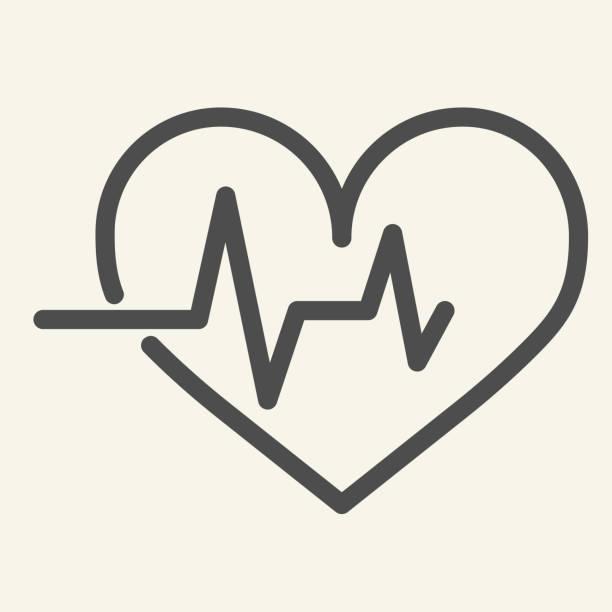Alternatives to Ambien for Sleep Issues

Getting consistent, restful sleep is vital for physical and mental health. For those who suffer from chronic insomnia or other sleep disorders, medications like Ambien (zolpidem) are often prescribed to provide short-term relief. However, concerns about side effects, dependence, and long-term health impact have led many to explore alternative options.In this article, we'll look at evidence-based and holistic alternatives to Ambien, including behavioral therapies, natural remedies, prescription options, and lifestyle strategies. These alternatives aim not only to help you fall asleep but to improve sleep quality without relying on sedative medications.
Why Consider Alternatives to Ambien?
Ambien works by activating GABA receptors in the brain, promoting calmness and sleep. But over time, users may experience diminished effectiveness, strange side effects (like sleepwalking), and dependency. Coming off the drug too quickly can lead to symptoms of ambien discontinuation, such as rebound insomnia, anxiety, and irritability.Due to these potential complications, many users and healthcare providers now prefer safer and more sustainable approaches to sleep improvement.
1. Cognitive Behavioral Therapy for Insomnia (CBT-I)
CBT-I is the most recommended non-drug treatment for chronic insomnia. It helps identify and change behaviors and thoughts that interfere with sleep. Some of its core techniques include:
-
Sleep restriction: Limiting time in bed to consolidate sleep
-
Stimulus control: Training your body to associate bed with sleep
-
Cognitive restructuring: Challenging negative sleep thoughts
-
Relaxation training: Reducing pre-sleep arousal
CBT-I is highly effective and often delivers long-lasting results. It's now widely available through therapists or online platforms.
2. Melatonin and Circadian Rhythm Regulation
Melatonin is a hormone produced naturally by the brain as night approaches, signaling the body to sleep. Melatonin supplements can help people who struggle with falling asleep due to:
-
Shift work
-
Jet lag
-
Delayed sleep phase syndrome
Used correctly, melatonin can regulate circadian rhythms and improve sleep onset. It’s considered a much safer alternative compared to pharmaceutical hypnotics. Unlike efforts to purchase prescription sleep aids online, melatonin is easily available over-the-counter and generally well-tolerated.
3. Improving Sleep Hygiene
Sleep hygiene refers to the everyday habits that affect your sleep. Poor routines are a major cause of sleep issues. Improving sleep hygiene may include:
-
Going to bed and waking up at the same time daily
-
Avoiding caffeine and alcohol before bedtime
-
Limiting screen time and blue light exposure in the evening
-
Making your bedroom cool, dark, and quiet
-
Using your bed only for sleep and sex
These strategies support the body’s natural sleep mechanisms and are often enough to resolve mild to moderate insomnia.
4. Herbal and Nutritional Sleep Aids
Natural supplements can be helpful for those looking for a gentler approach. Popular options include:
-
Valerian Root – Mild sedative effects by boosting GABA
-
Chamomile – Calming herb commonly used in teas
-
Magnesium – A mineral that helps regulate neurotransmitters and support muscle relaxation
-
L-Theanine – Found in green tea, helps calm the brain without sedation
Natural remedies often have fewer side effects, making them an appealing alternative for people concerned about prescription drug dependency or those who want to avoid unregulated sleeping tablets.
5. Mindfulness and Meditation
Stress and anxiety are frequent causes of sleep problems. Mindfulness techniques such as meditation, breathing exercises, and progressive muscle relaxation can calm the mind and prepare the body for sleep.
Studies have shown that regular meditation can:
-
Reduce the time it takes to fall asleep
-
Improve sleep duration and quality
-
Decrease nighttime awakenings
These practices are free, accessible, and come with numerous mental health benefits.
6. Alternative Prescription Medications
If a prescription sleep aid is still necessary, there are several medications that may be preferable to Ambien due to fewer side effects or lower addiction potential:
-
Trazodone – Originally an antidepressant, often used off-label for insomnia
-
Doxepin (Silenor) – A tricyclic antidepressant approved for sleep maintenance
-
Ramelteon (Rozerem) – Melatonin receptor agonist, not habit-forming
-
Suvorexant (Belsomra) – Blocks wakefulness signals in the brain
These medications provide options for people who need more than behavioral or natural interventions, especially under the guidance of a healthcare provider.
7. Diet and Lifestyle Adjustments
Diet plays an underrated role in sleep. Reducing sugar and processed foods and eating a diet rich in magnesium, B6, and omega-3s may help regulate hormones and neurotransmitters associated with rest.
Other lifestyle changes that can significantly improve sleep include:
-
Exercise – Regular aerobic activity promotes deeper sleep
-
Sunlight Exposure – Helps regulate the body’s internal clock
-
Limiting naps – Especially in the late afternoon
Before turning to risky options like trying to order sleeping medications without a prescription, it's important to exhaust these healthy, non-medical strategies.
8. Technology-Based Sleep Aids
Wearables and mobile apps now offer insights into your sleep patterns and suggestions for improvement. Smart alarms, white noise generators, and digital CBT-I programs can personalize your sleep plan.Apps such as Sleepio, Calm, and Headspace provide guided meditations and sleep tracking, making professional-grade interventions more accessible than ever.
9. Gradual Discontinuation Plans
For those currently using Ambien, it’s crucial to follow a structured discontinuation plan. A slow, doctor-supervised taper helps minimize withdrawal symptoms and prepares your body for drug-free sleep. Users often find success when combining tapering with CBT-I and lifestyle changes.Transitioning away from sleep medications should never be abrupt or unsupervised, as that increases the risk of rebound insomnia after sedative use, which can be more distressing than the original problem.
Conclusion
While Ambien can be helpful in the short term, it’s not a sustainable solution for long-term sleep health. Thankfully, there are many alternatives that can promote restful, natural sleep without the risk of dependence or severe side effects.Options like CBT-I, melatonin, herbal remedies, and lifestyle modifications offer long-lasting results and fewer complications. For those who still require medical support, safer prescription options are available—and always under the guidance of a healthcare provider.








